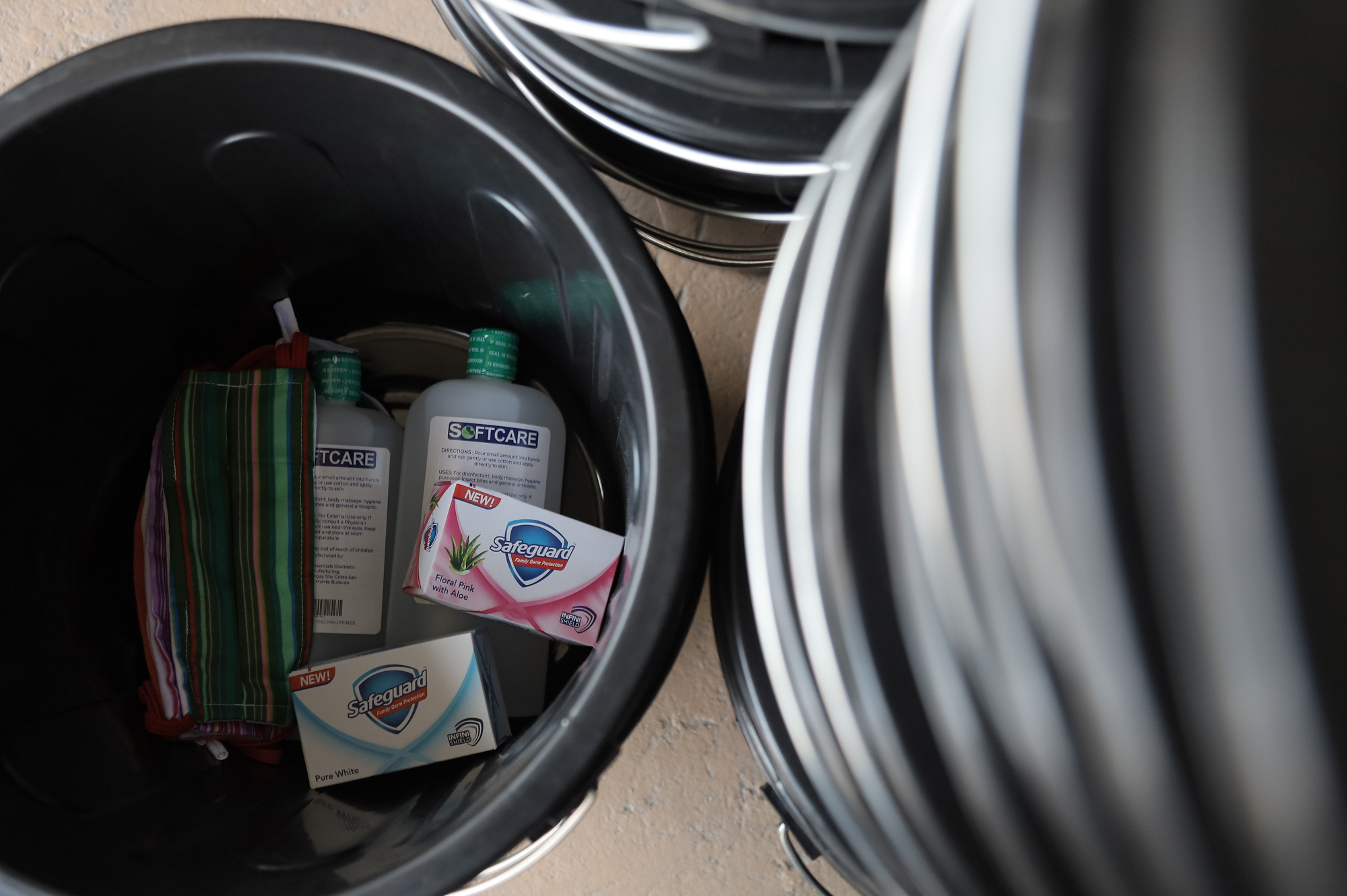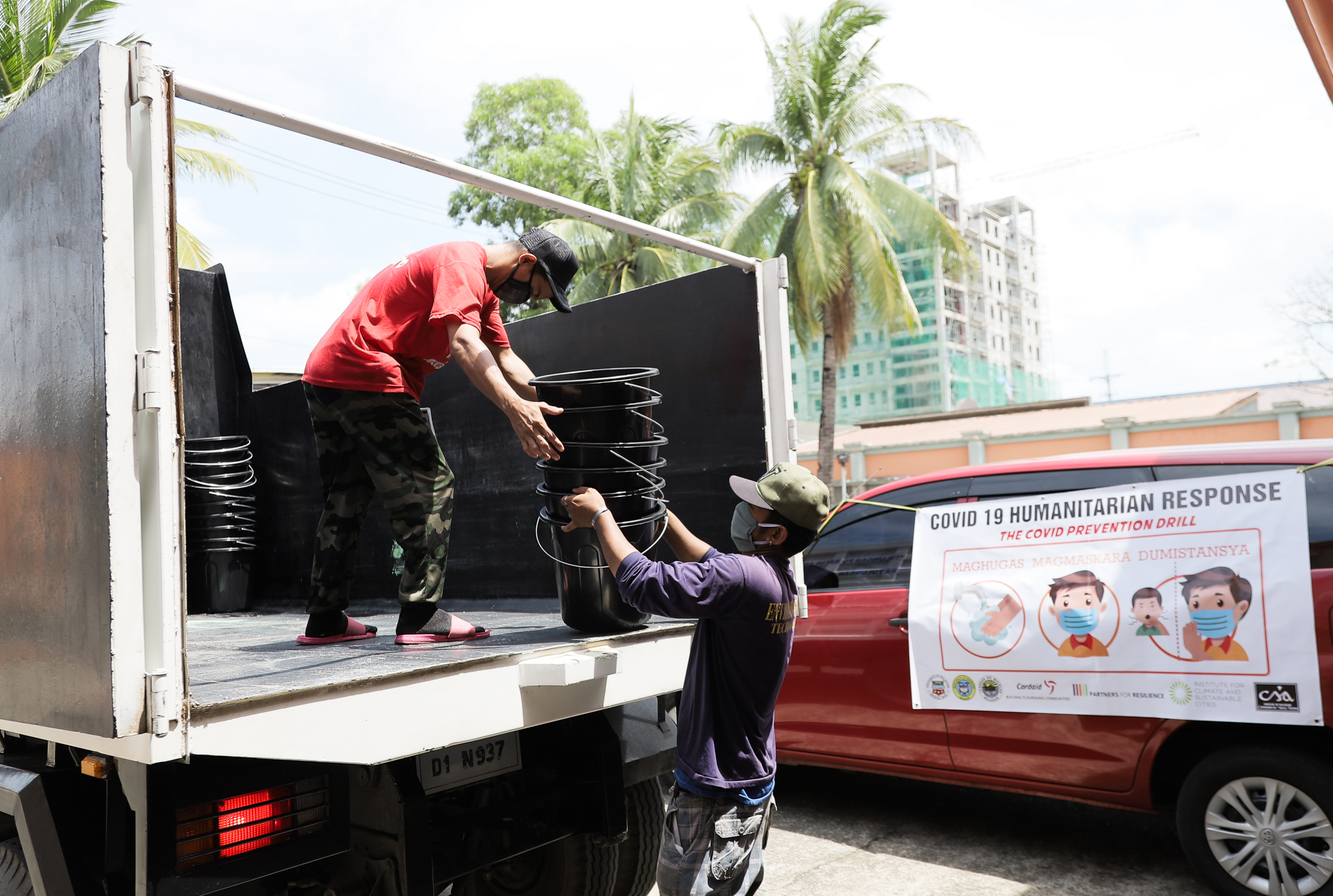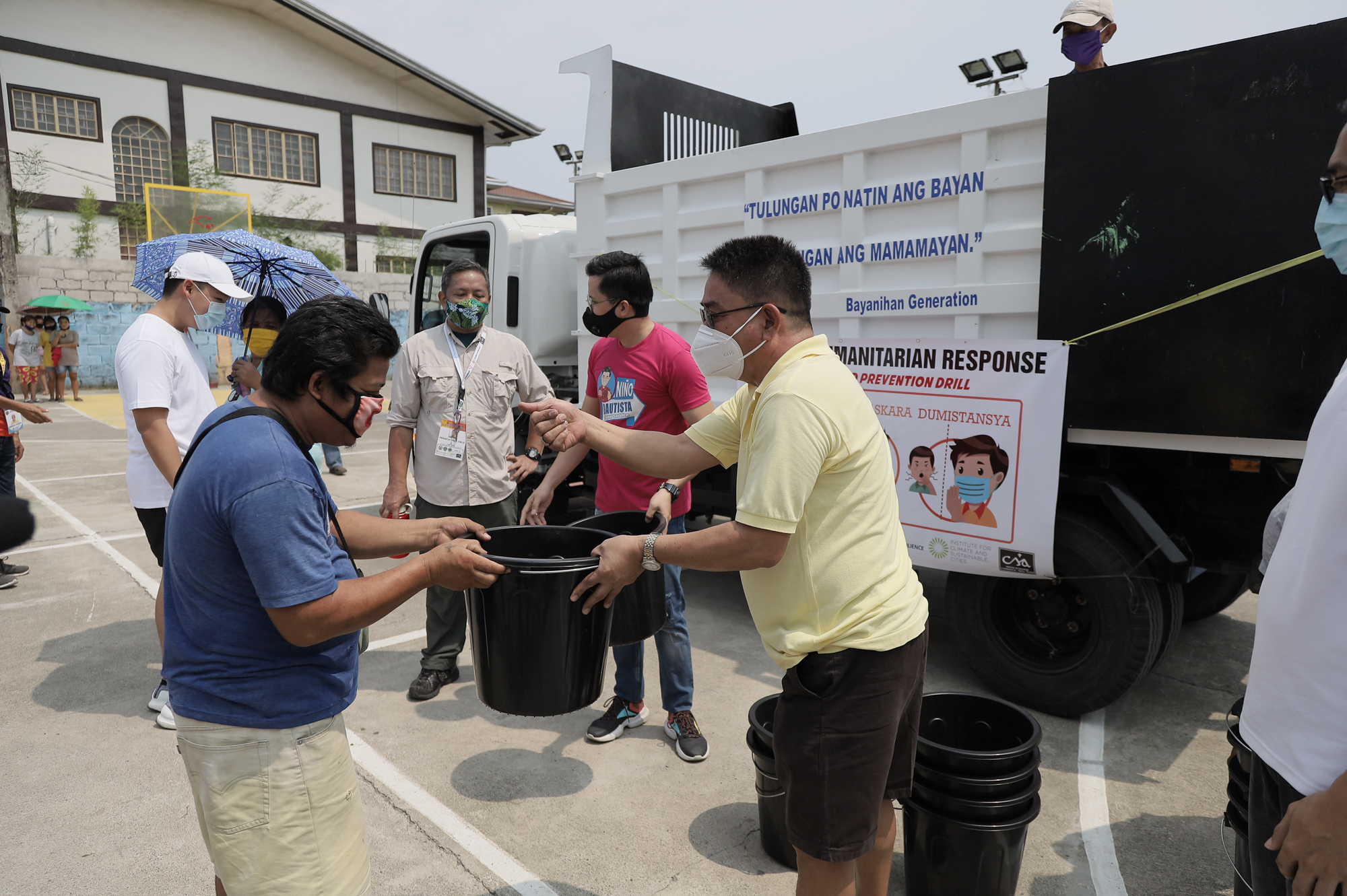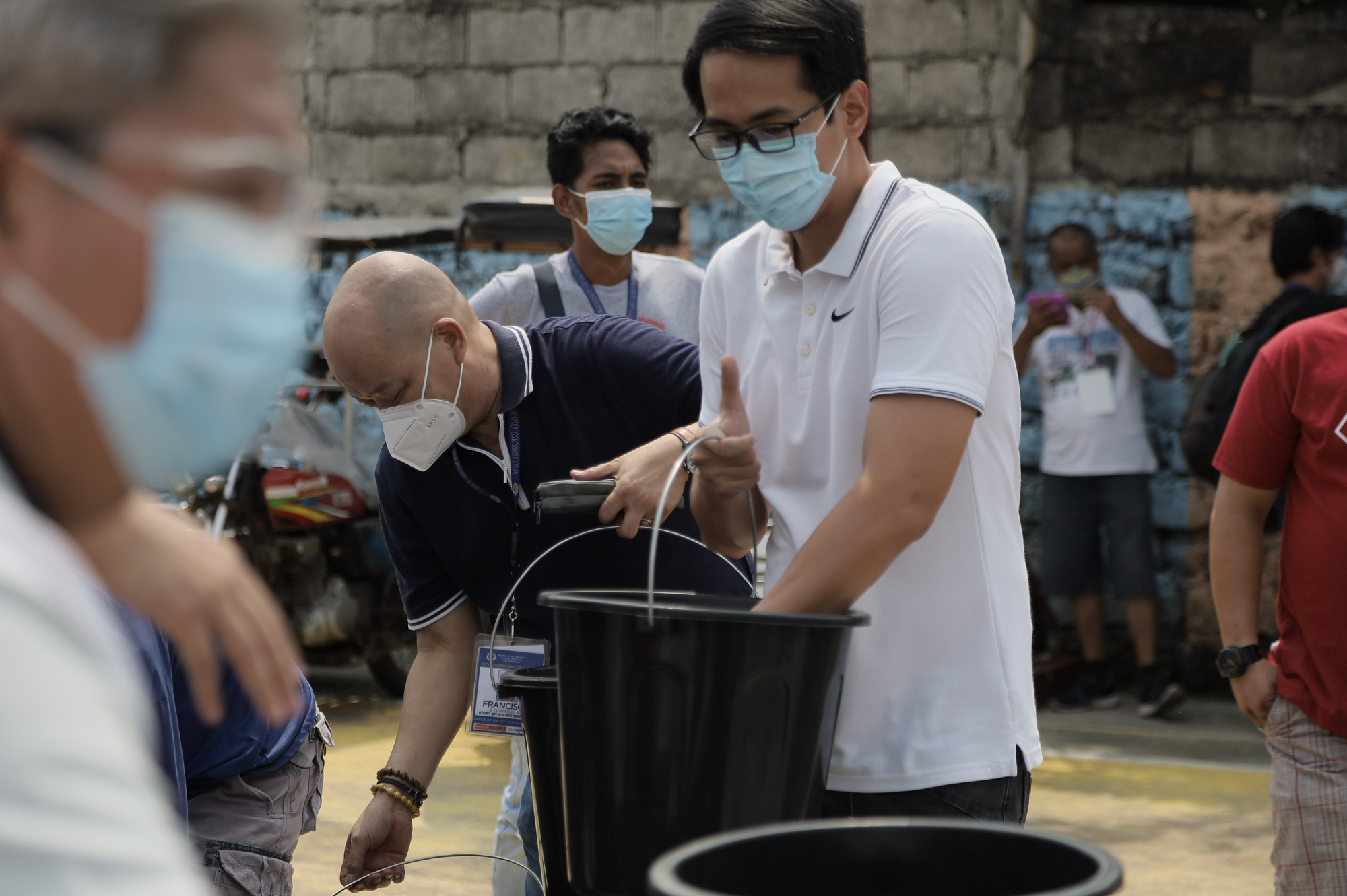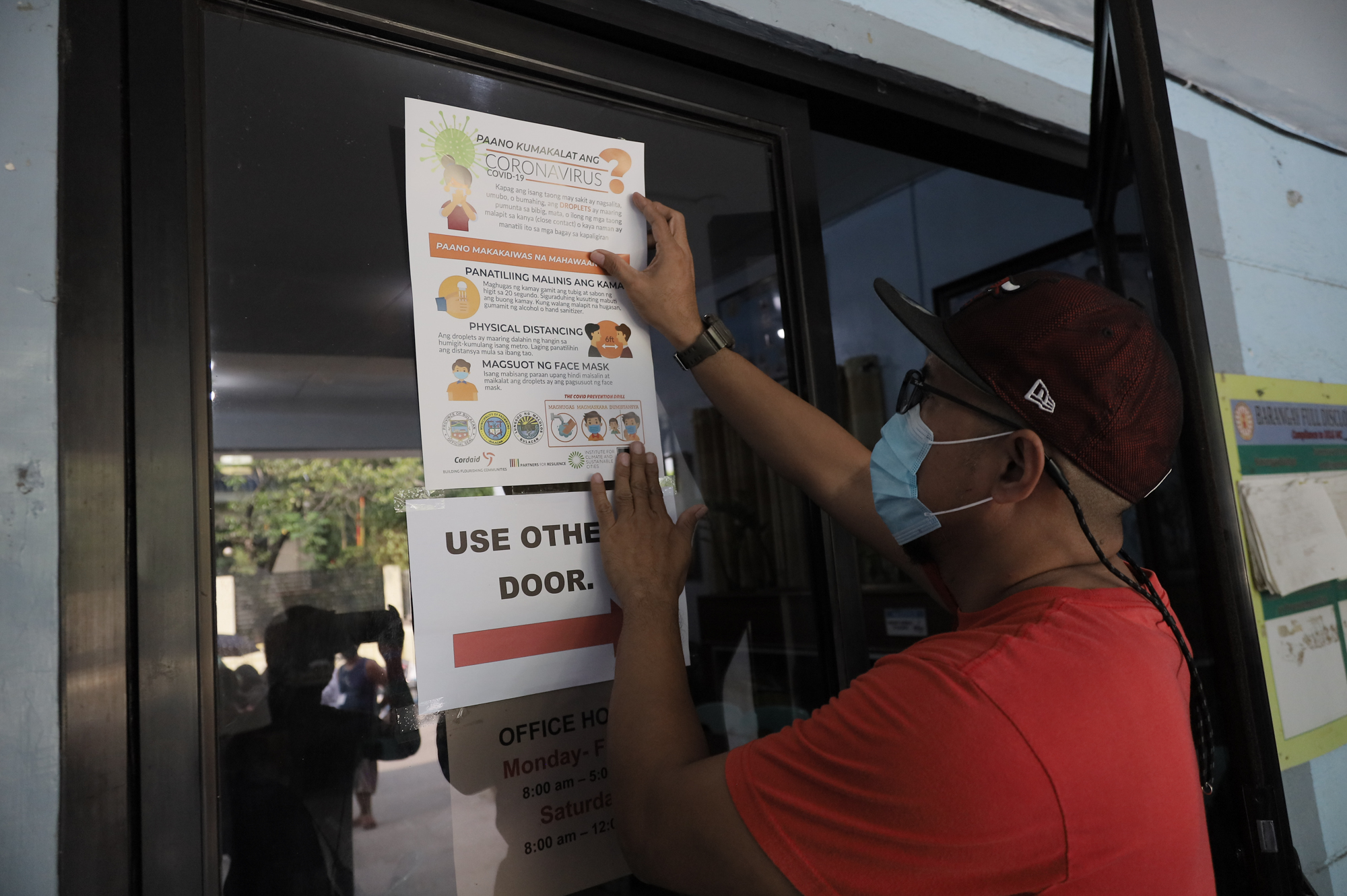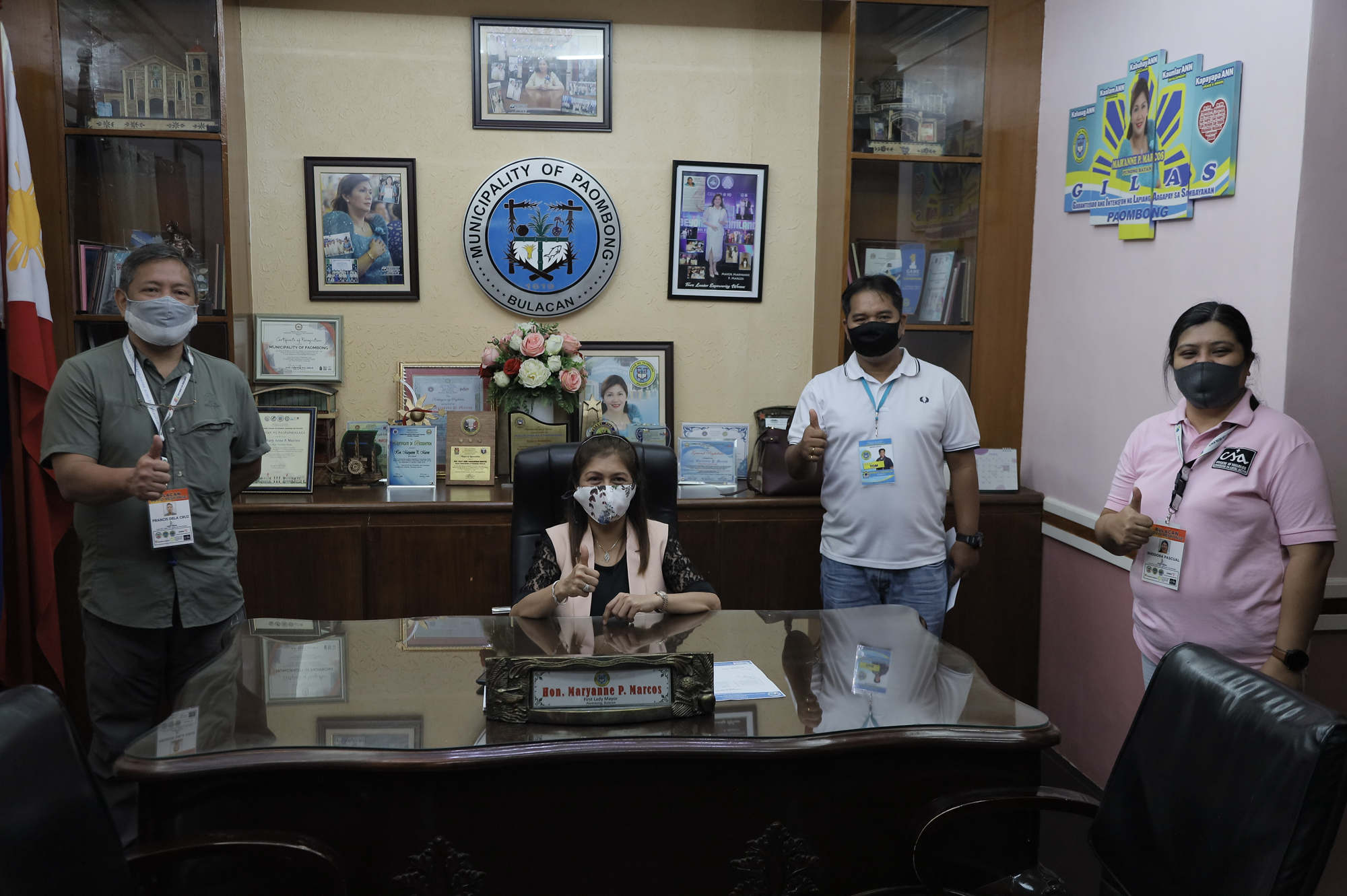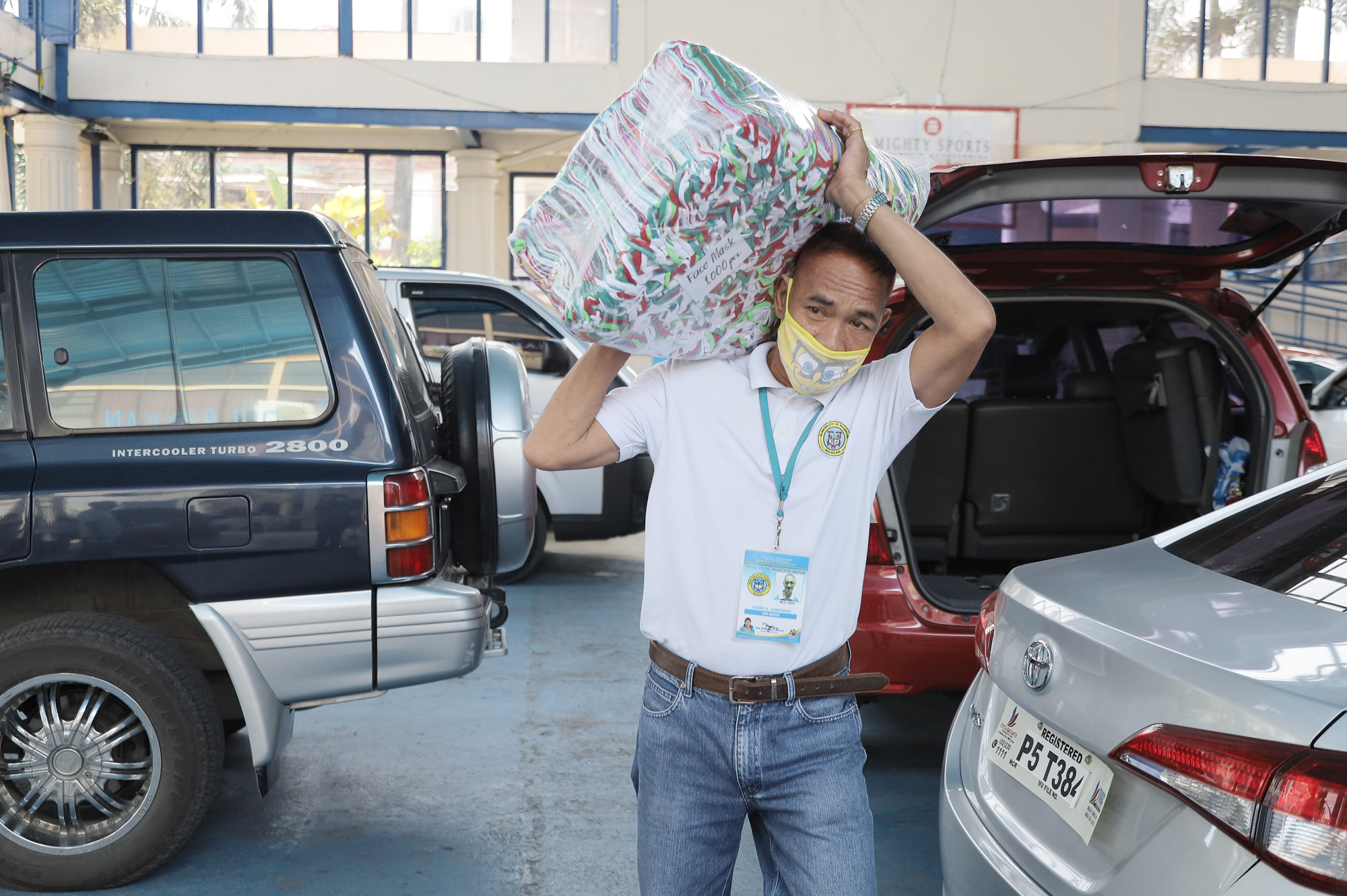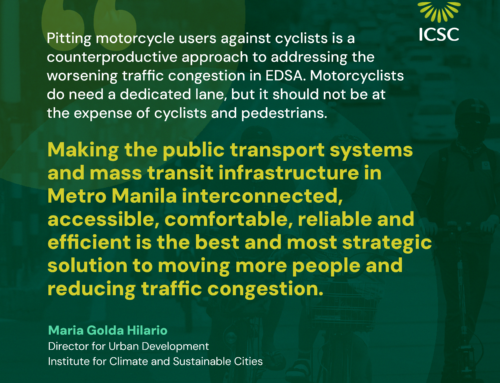CITY OF MALOLOS, 30 June 2020 – Over 1,400 households in Malolos and Paombong town in Bulacan received hygiene kits last weekend as part of the COVID-19 response of Partners for Resilience and Catholic Organization for Relief and Development Aid (Cordaid) with the Institute for Climate and Sustainable Cities (ICSC) and the Roman Catholic Diocese of Malolos’ Commission on Social Action (CSA).
Partners for Resilience is an alliance of Cordaid and four other Netherlands-based humanitarian, development and environmental organizations. Cordaid Philippines, ICSC, and the Malolos CSA have been gearing up to help the two LGUs develop their climate and disaster risk assessments to contribute to the Manila Bay Development Master Plan when the pandemic began.
“There was no doubt that the program needed to adapt and respond to the urgent and pressing needs of the people of Malolos and Paombong. We hope the hygiene kits will help protect them against COVID-19, and we remain committed to helping them respond to climate change as well,” said Francis dela Cruz, project team leader for ICSC.
“The kits are being made available to our citizens to reduce the risks in our communities, as we try to survive COVID,” said Malolos Mayor Gilbert Gatchalian. He and two city councilors led the initial distribution of hygiene kits to 350 families last June 20 in Sitio Dupax, a densely-populated informal settler community in Barangay San Vicente.
Paombong Mayor Maryanne Marcos earlier said they planned to distribute the kits door-to-door in three of their lower-income sitios. Between June 26 to 29, their LGU has already distributed kits to 1,491 households in barangays San Roque, San Isidro 2, and San Vicente, as well as to the Paombong Evacuation Center in Poblacion.
Both LGUs plan to distribute more hygiene kits in the coming days.
The project also prioritized the local sourcing of supplies within Bulacan to contribute to the local economy. The manufacturing of face masks was able to employ at least 30 sewers, cutters and other individuals after months of no work during the varied stages of community quarantine. Some of the sewers even volunteered to assist with the repacking after completing the order of 12,500 facemasks.
“It wasn’t just for the income. It was also knowing that we were helping other people. We are happy to be able to provide for a lot of people through these face masks,” said sewer Cecile Tarras.
###


